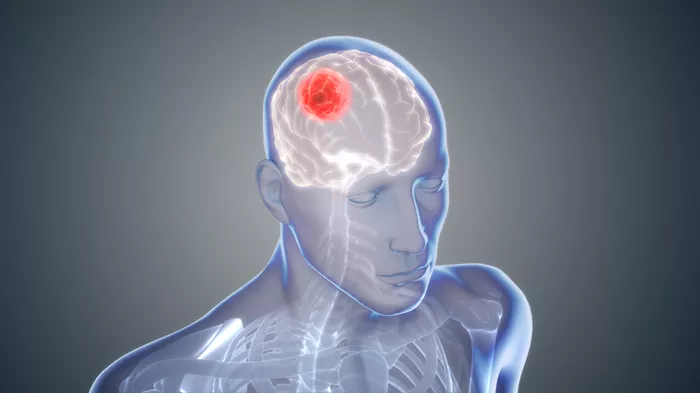A new scientific review has uncovered 17 risk factors that could raise your chances of developing three serious brain-related conditions: stroke, dementia, and depression later in life. The good news? These risks are mostly within your control.
The study, published on April 3 in the Journal of Neurology, Neurosurgery & Psychiatry, examined nearly 60 previous research reviews. Experts found that certain lifestyle and health factors can affect all three conditions—sometimes even at the same time.
What Are the 17 Risk Factors?
The research team, led by Dr. Sanjula Singh from Massachusetts General Hospital and Harvard Medical School, identified the following 17 risk factors that can increase the chance of developing stroke, dementia, or late-life depression:
- Alcohol use
- High blood pressure
- Unhealthy body weight (Body Mass Index – BMI)
- High blood sugar
- High cholesterol
Lack of mental activity during free time
- Depressive symptoms
- Poor diet
- Hearing loss
- Kidney problems
- Chronic pain
- Not enough physical activity
- Lack of purpose in life
- Sleep problems
- Smoking
- Low social interaction
- High stress levels
All of these can be improved with healthy habits, treatment, or support—making them “modifiable,” according to researchers.
Why Are These Brain Conditions Connected?
Even though stroke, dementia, and depression are different types of illnesses, doctors say they often affect the same areas of the brain.
Dr. Douglas Scharre, a professor of neurology and psychiatry at The Ohio State University, explained that our brains are made up of networks that connect different regions. “If one part gets damaged by a stroke or dementia, it can impact areas tied to thinking, emotions, or physical movement,” he said.
This connection also explains why someone who has a stroke might later struggle with depression, or why dementia can lead to changes in mood.
How Lifestyle Choices Play a Role
Many of the risk factors are tied to how we live our daily lives. For example, Dr. Gregory Cooper from Norton Healthcare said high blood pressure can damage blood vessels in the brain, which can lead to both stroke and memory problems over time.
Smoking, high cholesterol, and poor kidney health can also damage small blood vessels in the brain—a condition known as cerebral small vessel disease (CSVD). Dr. Singh said CSVD can affect areas of the brain involved in thinking, emotions, and movement, putting people at risk for all three conditions.
Prevention Is Possible
Dr. Singh and her team hope their work helps people understand that these conditions are not always unavoidable. By recognizing shared risk factors, both individuals and health professionals can take earlier steps to protect brain health.
“We hope these findings add to ongoing efforts to build a clearer roadmap for the prevention of brain diseases,” Singh said.
Related topics:
- How the Brain Chooses What to Remember First
- Study Links Brain and Immune System to Apathy in Cancer Patients
- Is Misophonia a Brain Disorder?


